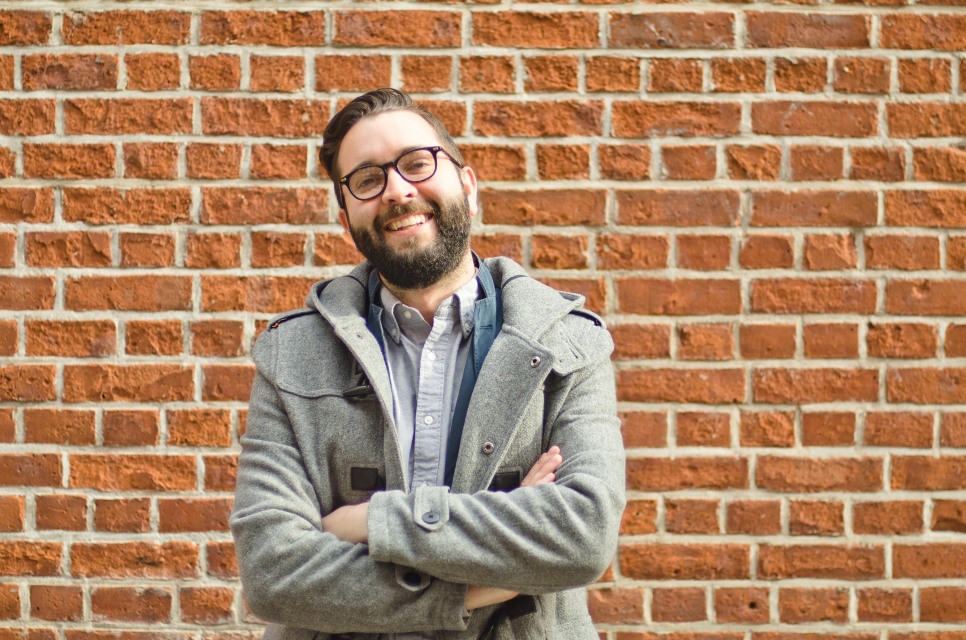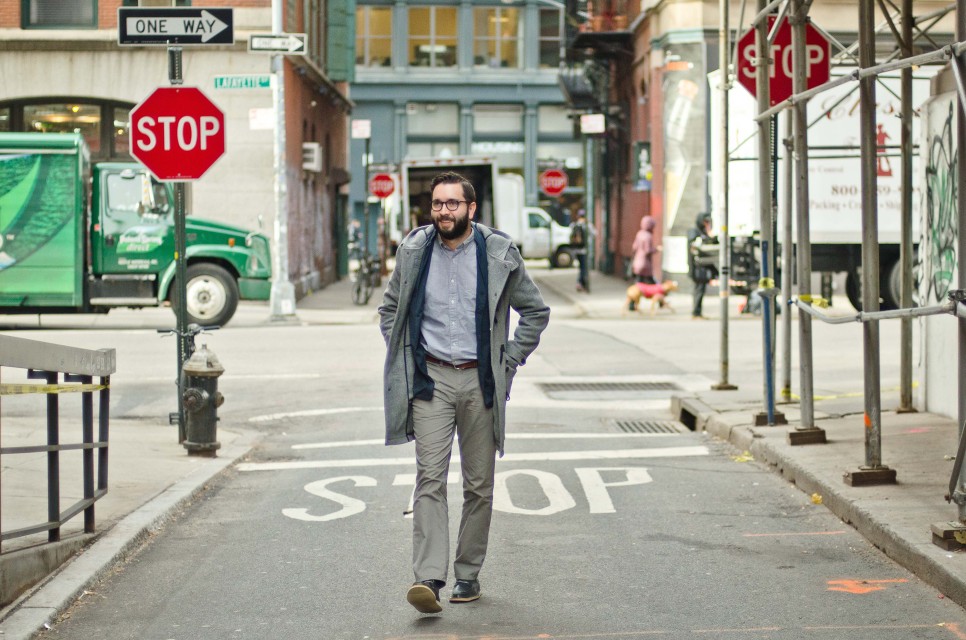At Oliberté, we believe that the only way to continually bring pride and prosperity in Africa is if it is a joint effort by several persons, brands and partners. “Ambassadors” will feature subjects who are directly or indirectly working with non-profit or social good organizations or those who exemplify a passion for Africa and its citizens.
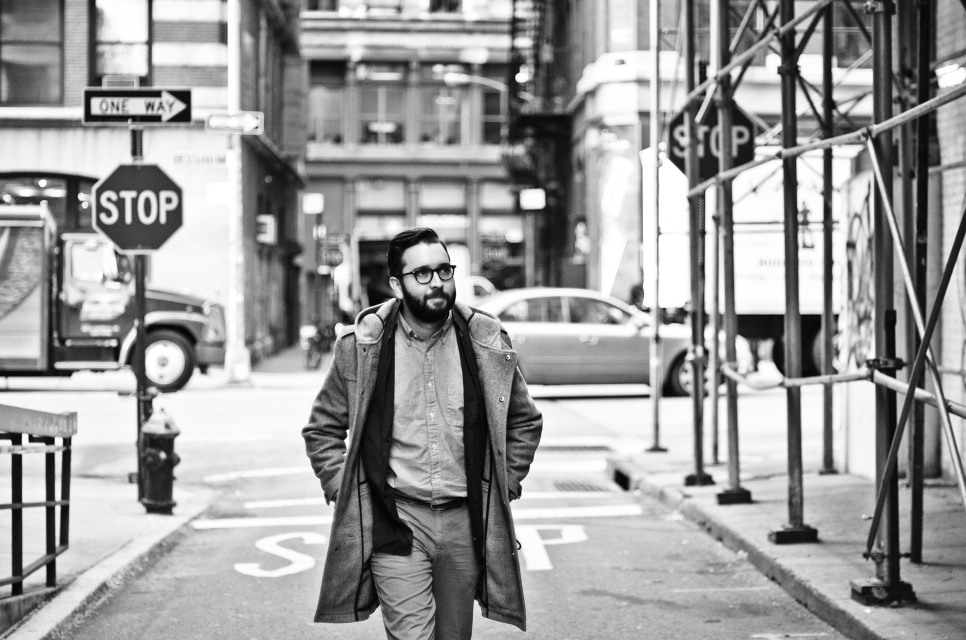 In the past few years, Lane Wood has become a recognized authority in the realm of non-profit and social good organizations. He had a key role in the early stages of charity: water; helping them secure high level donors and sponsors and then transitioned to a then little-known company called Warby Parker to lead the development of their Buy-a-Pair, Give-a-Pair program and other special projects. At the beginning of 2013, Lane started his own endeavor to consult with founders on expanding their social good and awareness.
In the past few years, Lane Wood has become a recognized authority in the realm of non-profit and social good organizations. He had a key role in the early stages of charity: water; helping them secure high level donors and sponsors and then transitioned to a then little-known company called Warby Parker to lead the development of their Buy-a-Pair, Give-a-Pair program and other special projects. At the beginning of 2013, Lane started his own endeavor to consult with founders on expanding their social good and awareness.
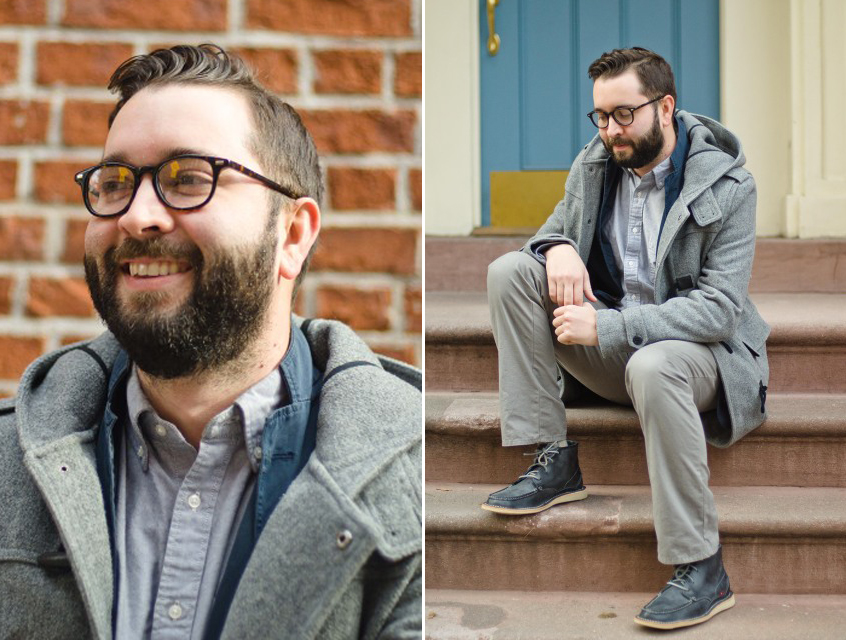 O: Tell us a bit about your background. Why social awareness as your career choice?
O: Tell us a bit about your background. Why social awareness as your career choice?
My path to social enterprise is a winding one. I grew up in rural Oklahoma, with a fairly small worldview. My grandad traveled a lot, and would come back with some pretty ridiculous stories of what was going on around the world. Wars. Walls. Dictators. So from a young age, I developed this sense of “the world is much bigger than I can know… and I need to go see it.” And I did go see a lot of it.
With a degree in Music Business, and a resume that includes churches, Apple and Good Morning America… I’ve been all over the life-plan map. But meeting Scott Harrison (founder of charity: water) about seven years ago really gave me a glimpse of the type of work that I could do that I could really invest my heart into.
I made the jump to Warby Parker, a for-profit social enterprise, after spending a few years helping the charity: water team fundraise. I wanted to see what it was like being at the other side of the table… having money to invest in interesting programs instead of asking everyone I knew for money.
O: What advice would you give to someone who is deciding that they want to start a non-profit organization?
LW: I normally say “don’t.” Go find a non-profit that already exists and create a way to support their work. My friends at Prizeo are a good example of that. There are a few exceptions, but I’m not easily convinced. If you want to start a non-profit, be expected to deliver at the efficiency and quality of a comparable for-profit company… just without the stock options or promise of a buy-out or comparable salary. You might love it. But few really do.
 O: What sort of challenges do you face on a daily basis?
LW: Why am I gaining weight? How do I exercise? How do I eat healthier? When is there time for dating? How much coffee is too much coffee?
O: What is the most rewarding thing about what you do or have done in the past?
LW: Honestly, it’s being in a position to press the fast forward button for young social entrepreneurs. I’m fortunate to have interesting experiences and have met a lot of interesting people. It’s rewarding to connect people and opportunities to help make big things happen that I don’t have to execute.
O: What sort of challenges do you face on a daily basis?
LW: Why am I gaining weight? How do I exercise? How do I eat healthier? When is there time for dating? How much coffee is too much coffee?
O: What is the most rewarding thing about what you do or have done in the past?
LW: Honestly, it’s being in a position to press the fast forward button for young social entrepreneurs. I’m fortunate to have interesting experiences and have met a lot of interesting people. It’s rewarding to connect people and opportunities to help make big things happen that I don’t have to execute.
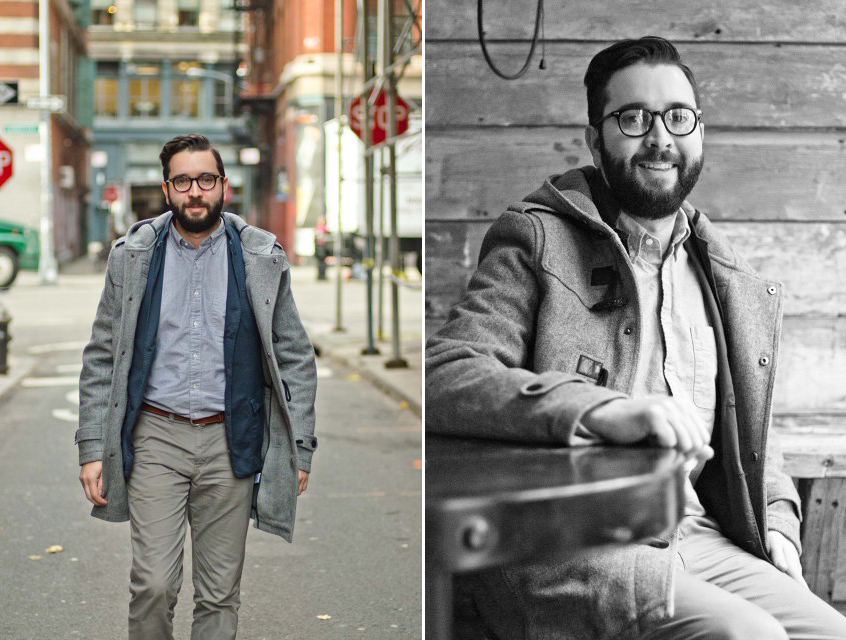 O: What do you think is the biggest misconception about Africa today?
LW: I think people assume that it’s far away and removed. Increasingly, Africans are coming online and are literally just on the other end of a wifi connection. Almost everyone has a mobile phone. You can get a 3G signal in more places than you can find clean water. The world is going to learn a lot from Africans about how to solve big problems in the coming years.
O: What can companies do to serve third world countries better?
LW: That depends on the company. There’s no turn-key solution to this. Do you have a physical product? Consider your supply chain. Do you have an online platform? Consider how you can leverage that for the bottom billion. Look into being certified as a B Corporation. Product collaborations are a nice gesture, but I’m more interested in founders that are willing to take a holistic view of their business, identify key stakeholders and consider how to make sure that investors aren’t the only ones that benefit from the company’s existence. And think through these things at the BEGINNING of your company if you can. It’s much harder to make big shifts when you’re talking hundreds of millions of dollars.
O: What do you think is the biggest misconception about Africa today?
LW: I think people assume that it’s far away and removed. Increasingly, Africans are coming online and are literally just on the other end of a wifi connection. Almost everyone has a mobile phone. You can get a 3G signal in more places than you can find clean water. The world is going to learn a lot from Africans about how to solve big problems in the coming years.
O: What can companies do to serve third world countries better?
LW: That depends on the company. There’s no turn-key solution to this. Do you have a physical product? Consider your supply chain. Do you have an online platform? Consider how you can leverage that for the bottom billion. Look into being certified as a B Corporation. Product collaborations are a nice gesture, but I’m more interested in founders that are willing to take a holistic view of their business, identify key stakeholders and consider how to make sure that investors aren’t the only ones that benefit from the company’s existence. And think through these things at the BEGINNING of your company if you can. It’s much harder to make big shifts when you’re talking hundreds of millions of dollars.

